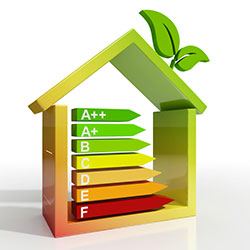Landlords, Improve Your Property Using this Boiler Comparison Tool
It’s well known that old boilers can become temperamental and unreliable. If you’re looking to make improvements to your rental property, use this boiler comparison tool to make the decision easier…

Landlords, Improve Your Property Using this Boiler Comparison Tool
Boiler Guide has created a resource for landlords and homeowners alike, which will help you find and compare boiler models from top manufacturers in the UK.
The boiler comparison tool includes prices, energy efficiency ratings and size options, amongst other specifications, to help you find the right boiler for your property.
Worcester Bosch, Ideal and Vaillant are just some of the manufacturers included in the Boiler Guide tool, and users can compare up to four models at a time.
The boiler models have been reviewed by both consumers and engineers, giving an all-round view and comprehensive insight into each product.
To compare up to four boilers, either gas or oil, from 13 manufacturers, use the boiler comparison tool here: https://www.boilerguide.co.uk/boiler-comparison
Landlords, you must be particularly vigilant when it comes to choosing your next boiler, ahead of new energy efficiency regulations.
From April 2018, it will become illegal for landlords to let properties with an Energy Performance Certificate (EPC) rating of F or G – the lowest ratings.
Any landlords that rent out properties with these two ratings must make improvements to bring the home up to a rating of at least E.
The Government insists that most landlords will not have to spend more than £1,800 to improve their properties’ energy efficiency. However, one established investor believes that landlords should receive support to help them fund the improvements.
In addition, the Residential Landlords Association worries that the new rules will become a “tax on tenants”, as landlords may be forced to put their rents up as a result of the extra costs.
It also warns that since a third of rental properties in the UK were built before 1919, they are some of the hardest homes to treat for energy efficiency improvements.
Remember to shop around using Boiler Guide’s comparison tool before you buy a new boiler to ensure it is as energy efficient as possible!







